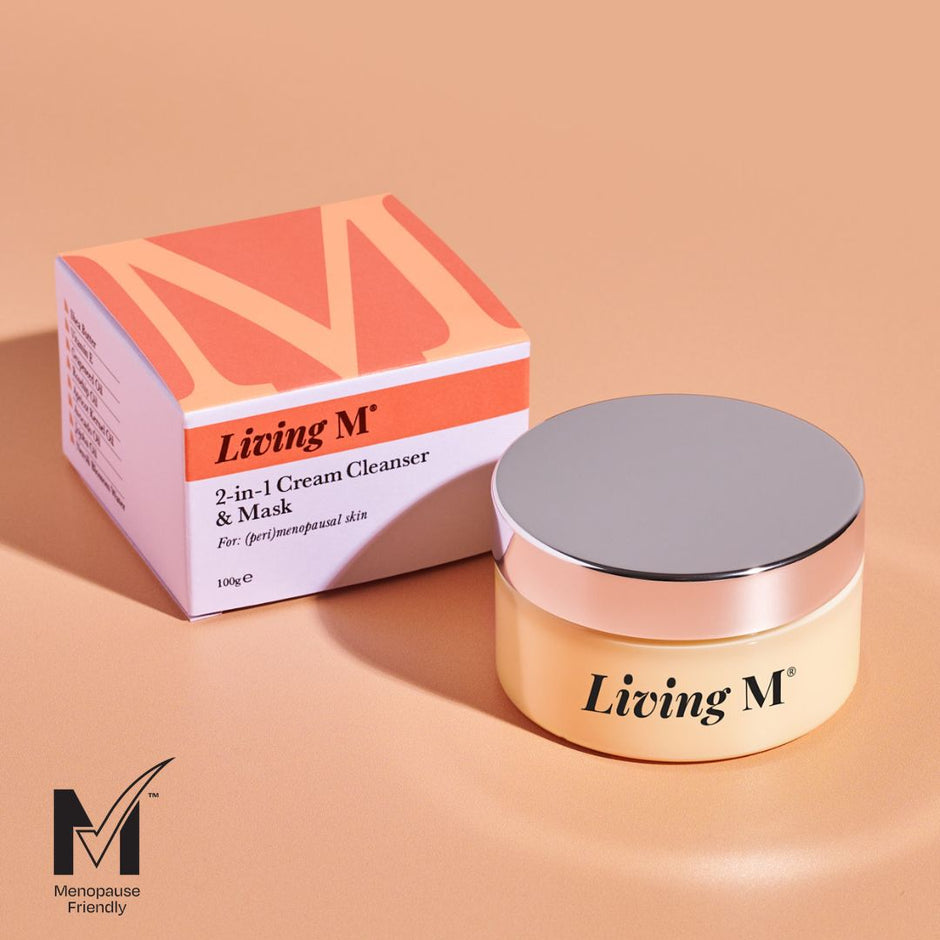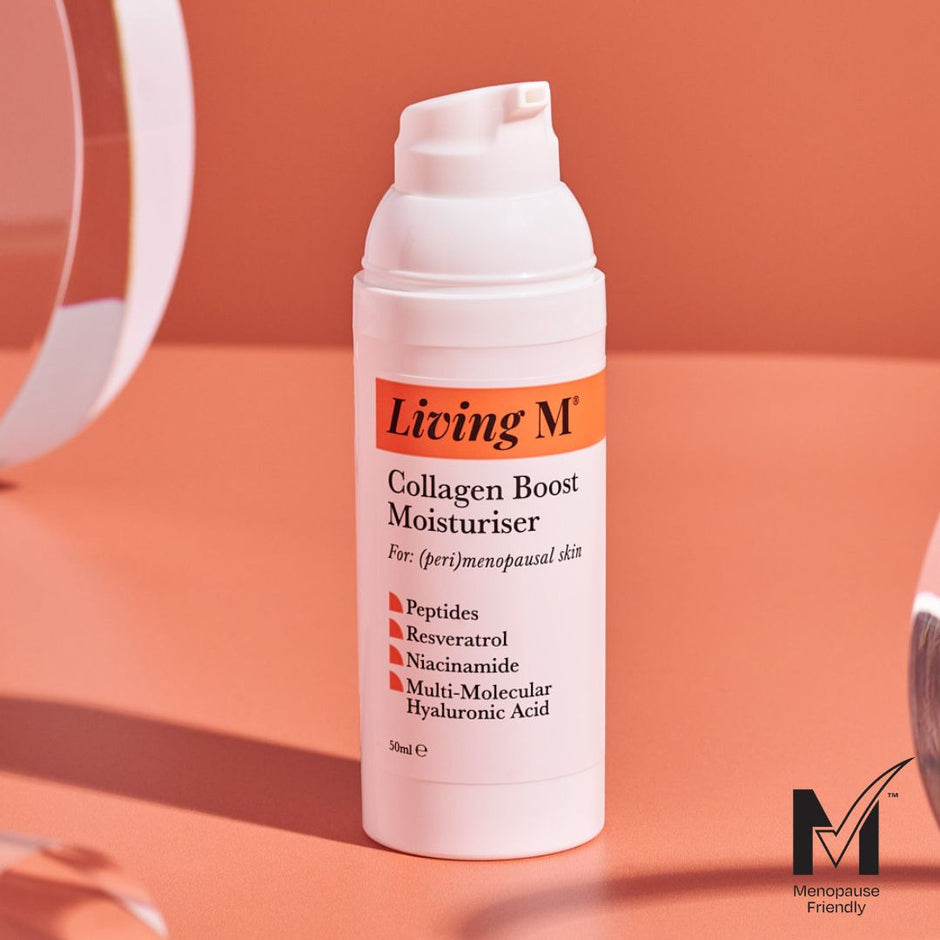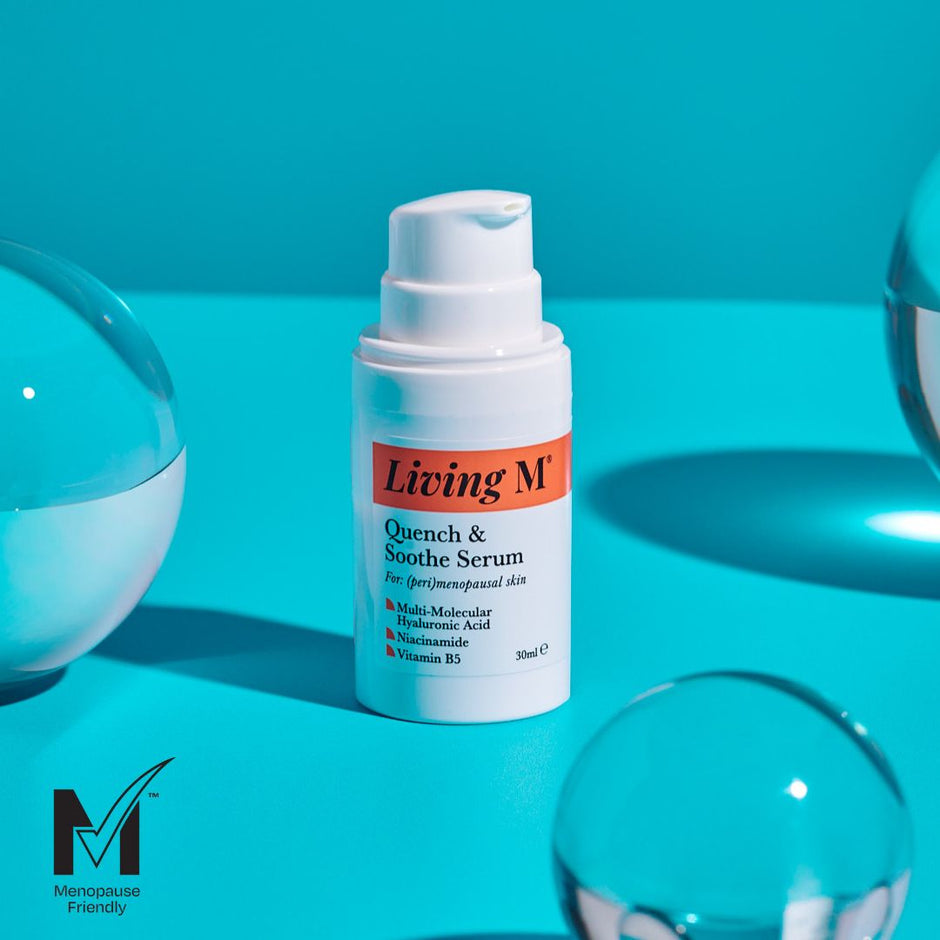Is it Time to Say Goodbye to Wine in menopause?
Menopause can be a trying time for a lot of us. A glass or two of something chilled after a long day can seem like a good way to decompress and wind down – we get it. But when it comes to menopause, that glass of vino may not be your best friend. Suddenly one glass can feel like a whole bottle and your alcohol tolerance is MIA . I personally seem to have become allergic to wine overnight now I am perimenopausal. Talking to friends and women in our community I’m not the only one. But why would wine do that to us when feel like we need it the most? What exactly is going on and why doesn’t alcohol seem to mix well with the menopause?
In menopause your alcohol tolerance declines
For many women, menopause coincides with a reduced tolerance to alcohol. This is because we are literally less able to hold onto water than we used to be. Cartilage and tendons lose water as we get older, and our body is less able to dilute alcohol.
At the same time, levels of dehydrogenase enzymes in our liver decrease – these enzymes are responsible for breaking down and metabolising alcohol. As a result, we become much more sensitive to its effects. This is why our hangovers can be much more severe in menopause and a small sociable glass in the evening can make you feel as though you’ve been out clubbing till the early hours the next day.
Alcohol Can Make Your Menopausal Symptoms Worse
For a lot of women, alcohol can make menopausal symptoms worse. It can trigger hot flashes and night sweats and lead to poor sleep. Alcohol can also affect your mood and exacerbate some of the more psychological menopausal symptoms, like anxiety and low mood. We all know alcohol makes you dehydrated which can also make symptoms worse.
If this is sounding familiar it might be time to have a rethink about your drinking habits. We aren’t suggesting you give up alcohol entirely – its about making better choices that help you manage your symptoms better.
Drink Alcohol In Moderation
You don’t have to eliminate alcohol completely – the good news is you can still enjoy a drink, but the key is to drink in moderation. Current guidelines for alcohol consumption is a maximum of 14 units per week for women – which is a lot less than you might think – it’s around 8 standard glasses of wine.
Everyone is different and has a different tolerance to alcohol. You know yourself better than anyone so It’s important to set your own guidelines when it comes to drinking within the recommended limits. If this feels too much you should reassess how often and how much you are drinking.
Have alcohol free days
A good way to regulate your alcohol intake is to designate some days as non-drinking days. Try not drinking during the week or only having a glass of wine on just 3 days of the week for example. Avoid binge-drinking – spread your units throughout the week to minimise the impact on your health.
Some drinks are better than others
Generally speaking, the purer the alcohol the better. Many women report that they suddenly become unable to drink wine which can be a trigger for hot flashes. Wine naturally contains tyramine and histamine and sulphites which have been linked to hot flashes. Try higher quality, organic wine and you might find you experience fewer side effects.
If, like me, you seem to have become allergic to wine over-night try a gin and slimline tonic which contains less sugar than wine. Do watch the mixers and be careful which one you choose-try and go for a more natural one if you can. Many mixers are a combination of sugar and artificial sweeteners and flavourings which can also exacerbate symptoms.
Hydrate, hydrate, hydrate
Remember to drink a glass of water with every alcoholic drink. Being properly hydrated can go a long way to reducing dehydration and an unpleasant hangover the next day. Never drink on an empty stomach.
Look for alcohol-free alternatives
There is a whole range of great alcohol-free alternatives now so if you want to avoid alcohol entirely there has never been so much choice.
So, if you’re a menopausal woman who has always enjoyed a glass of wine and suddenly find yourself intolerant to your favourite tipple, you are certainly not alone. Don’t fight it. Menopause is an opportunity to evaluate our lifestyle and habits and make some changes. Do a little more exercise, eat better and drink a little less. Your body will thank you for it. Life is short though so if you do fancy the odd sesh with your girlfriends putting the world to rights go for it! We still do – just be prepared for the consequences the next day.
Living M is a highly effective two step daily skincare system specifically designed for the unique needs of perimenopausal and menopausal skin. Try The Perfect Pair - Collagen Boost Moisturiser and Quench & Soothe Serum for everything your skin needs in an easy-to-use daily skincare duo. Use AM and PM for firmer, plumper skin that glows. The Perfect Pair £64.00 (Save 20%. £80 when sold separately).
THE PERFECT PAIR £64.00
What is It? Two-step daily skincare duo specifically formulated for perimenopausal and menopausal skin.
What does it do? The Perfect Pair have been designed to work together with an expert blend of proven active ingredients to combat the accelerated loss of collagen and hormonal skin changes caused by perimenopause and menopause.
Collagen Boost Moisturiser is a multi-tasking dream cream designed to boost collagen production and deliver vital nourishment for plumper, glowing, firmer skin. Superstar Ingredients: Signal peptides, resveratrol, niacinamide, multi-molecular hyaluronic acid, avocado and cupuacu butters. RRP £45.00
Quench & Soothe Serum is a next level super hydrator designed to soothe and calm sensitised skin. Helps control hormonal breakouts for an ultra-hydrated, brighter, clearer complexion. Superstar Ingredients: Multi-molecular hyaluronic acid, niacinamide and Vitamin B5. RRP £35.00




